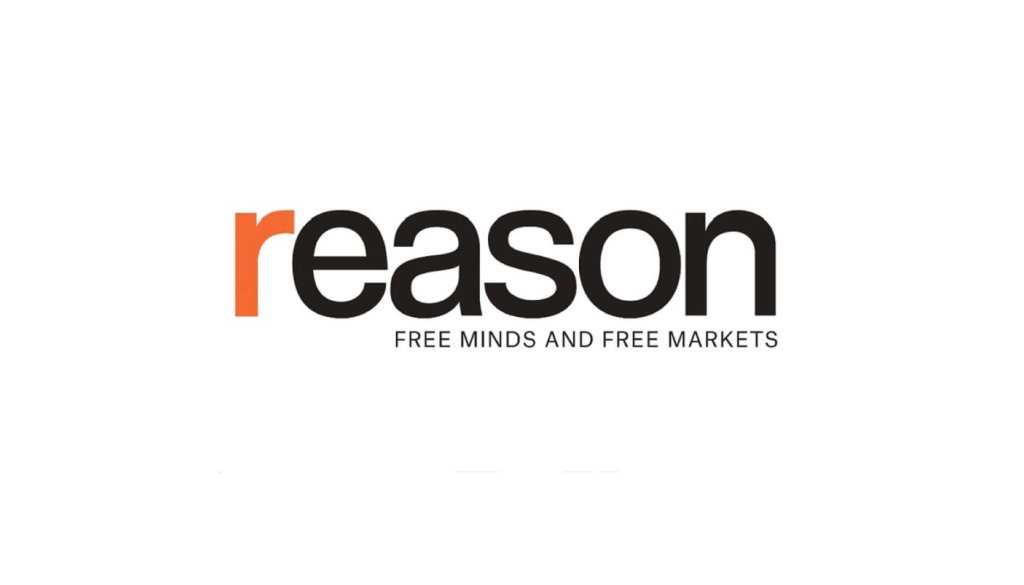How the NFL Draft Screws Over Players
Good morning and welcome to another edition of Free Agent! I hope your team’s “arm barn” is holding up alright.
It’s NFL Draft week, and if you’re heavily invested in this, it’s probably a sign your team sucks and needs the help. We’ll talk about how NFL Draft picks are getting screwed, and you’ll view those images of draftees smiling next to Commissioner Roger Goodell in a weird new light. Then we’ll move on to a possible new NFL stadium, a marathon record, and an awesome TV show.
Locker Room Links
- After a rocky start and much ink spilled over how to fix the NBA, regular season TV ratings were down a modest 2 percent. Meanwhile, NHL attendance hit a new record.
- How pickleball took MLB teams by storm.
- Congress is heading for a showdown with the World Anti-Doping Agency over Chinese influence.
- Revenge for the 4 Nations Face-Off: The U.S. women beat Canada in hockey to take gold at the annual IIHF Women’s World Championship—see the winning goal here.
- The Professional Women’s Hockey League is expanding—not to Detroit, like it should, but to Vancouver. (Possible team names here.)
- Oregon wants to spend $800 million on an MLB ballpark.
- Elsewhere in Reason: “What Happens When Presidents Defy Court Orders?“
- Matt Strahm is a national treasure.
Phillies’ Matt Strahm has been called a Nicolas Cage look-a-like throughout his MLB career.
Ahead of Wednesday’s game, the reliever showed off his custom glove with the Declaration of Independence printed on it.
“I stole it, then made a glove out of it.” pic.twitter.com/eO7bPuvdxc
— Front Office Sports (@FOS) April 17, 2025
The Pick Is In Screwed
When Cam Ward (almost certainly) gets drafted first overall by the Tennessee Titans on Thursday night, he’ll earn a contract worth $43 million over four years. Must be nice! But that value is dramatically lower than top draft picks were getting 15 years ago.
In 2009, Matt Stafford agreed to contract terms with the Detroit Lions the day before the draft—he went first overall and then signed a deal with a total value of $78 million. The next year, Sam Bradford went first overall to the then–St. Louis Rams and inked a deal worth a maximum of $86 million (or about $117 million in today’s dollars, thanks to inflation). Those deals had $42 million guaranteed for Stafford and $50 million guaranteed for Bradford.
But then draft pick salaries fell off a cliff. The following year’s top pick, Cam Newton, got just $22 million for four years (fully guaranteed). The 2011 collective bargaining agreement stripped away almost all the negotiating power draftees had with teams. From then on through at least the end of the current labor agreement, rookies could either agree to the preset salary system or they could skip a year—and then have to get drafted again and get stuck with a preset salary again.
The money went from drafted players to older players. Who do you think negotiated the 2011 collective bargaining agreement for the players union? Future players like Ward, who was 9 years old at the time, obviously didn’t get a say.
The other major professional sports leagues do versions of this too. Whoever gets to pick Cooper Flagg first in the NBA Draft gets to keep his rookie salary down to just $13.8 million. When NHL draft picks get to the show, they sign entry-level contracts with a maximum salary under $1,000,000 (length varies from one to three years depending on their age). MLB rules are a mysterious fog that lead to “service time” manipulation to keep players from reaching free agency too quickly.
With little negotiation power, it’s no surprise some NFL draft picks, like Caleb Williams last year, don’t have an agent (this would ruin the Cush plotline in Jerry Mag
Article from Reason.com

The Reason Magazine website is a go-to destination for libertarians seeking cogent analysis, investigative reporting, and thought-provoking commentary. Championing the principles of individual freedom, limited government, and free markets, the site offers a diverse range of articles, videos, and podcasts that challenge conventional wisdom and advocate for libertarian solutions. Whether you’re interested in politics, culture, or technology, Reason provides a unique lens that prioritizes liberty and rational discourse. It’s an essential resource for those who value critical thinking and nuanced debate in the pursuit of a freer society.



